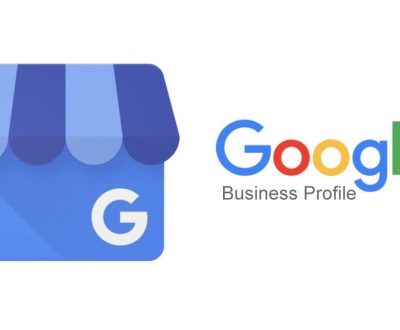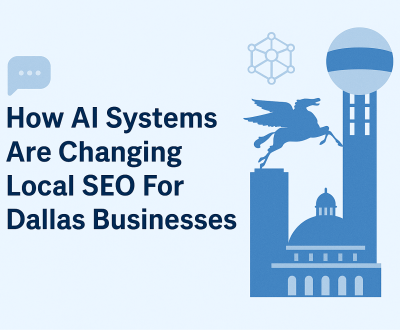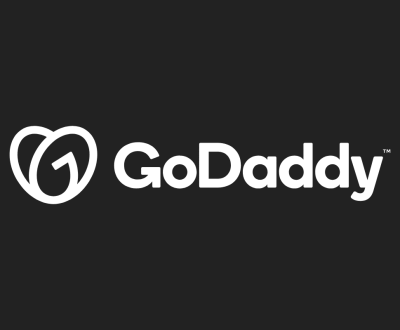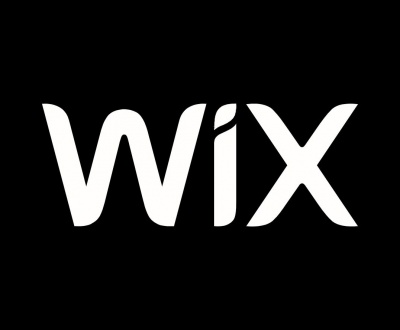Google has expanded its AI Mode search experience to new audiences, adding support for Hindi, Indonesian, Japanese, Korean, and Brazilian Portuguese.
The company announced the update weeks after rolling out AI Mode to 180 countries and territories. AI Mode was first introduced in the U.S. in March 2025 through Search Labs and became widely available by June. India saw its rollout shortly afterward, with lab restrictions removed in late June.
“Starting today, we’re bringing AI Mode, our most powerful AI search experience, to five new languages for users around the globe,” Google said. The company emphasized that the expansion goes beyond translation, noting improvements in local language understanding powered by its custom version of Gemini 2.5.
What AI Mode does
AI Mode appears as a new tab in Google Search, shifting users from traditional search results into an AI-powered interface. It is designed for queries that require exploration, comparisons, or reasoning. Google uses a “query fan-out” method, running multiple related searches simultaneously, then combining results into a comprehensive answer.
The feature supports text, voice, and image queries and allows conversational follow-ups, similar to AI Overviews and Gemini.
Tracking AI Mode traffic remains a challenge for marketers. Google Search Console records these queries, but lumps them together with normal search data, making it harder to separate AI-driven interactions.
What this means for Dallas businesses
For Dallas businesses, the expansion underscores how quickly AI-powered search is becoming the default experience worldwide. While the new language rollout may not directly affect English-speaking audiences in North Texas, it signals Google’s intent to make AI Mode the standard everywhere.
That has two local SEO implications:
- Search Console data will get noisier. Dallas companies tracking impressions and clicks will see AI Mode activity blended into expected results, complicating performance analysis.
- AI-driven answers change visibility. Businesses that rely on local rankings should expect customers to see more AI-composed responses instead of traditional “10 blue links.” Optimized content, precise service details, and strong local signals (reviews, citations, and backlinks) will matter more than ever.
Dallas companies should monitor how their content appears in the standard SERPs and within AI summaries and comparisons.
About us and this blog
We are a digital marketing company with a focus on helping our customers achieve great results across several key areas.
Request a free quote
We offer professional SEO services that help websites increase their organic search score drastically in order to compete for the highest rankings even when it comes to highly competitive keywords.
Subscribe to our newsletter!
More from our blog
See all postsRecent Posts
- CTR Manipulation: What Happens When the Tactic Is Abandoned? October 1, 2025
- Repetitive Google Business Profile Posts Linked to Map Ranking Drops September 11, 2025
- Google Expands AI Mode to Five More Languages September 10, 2025









